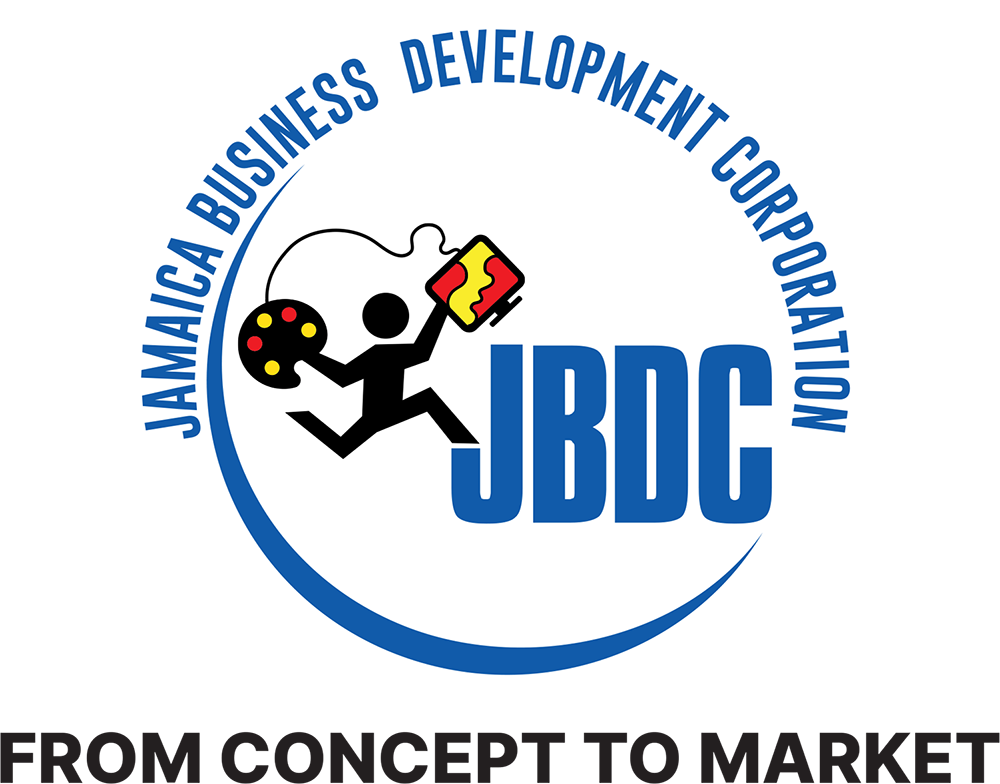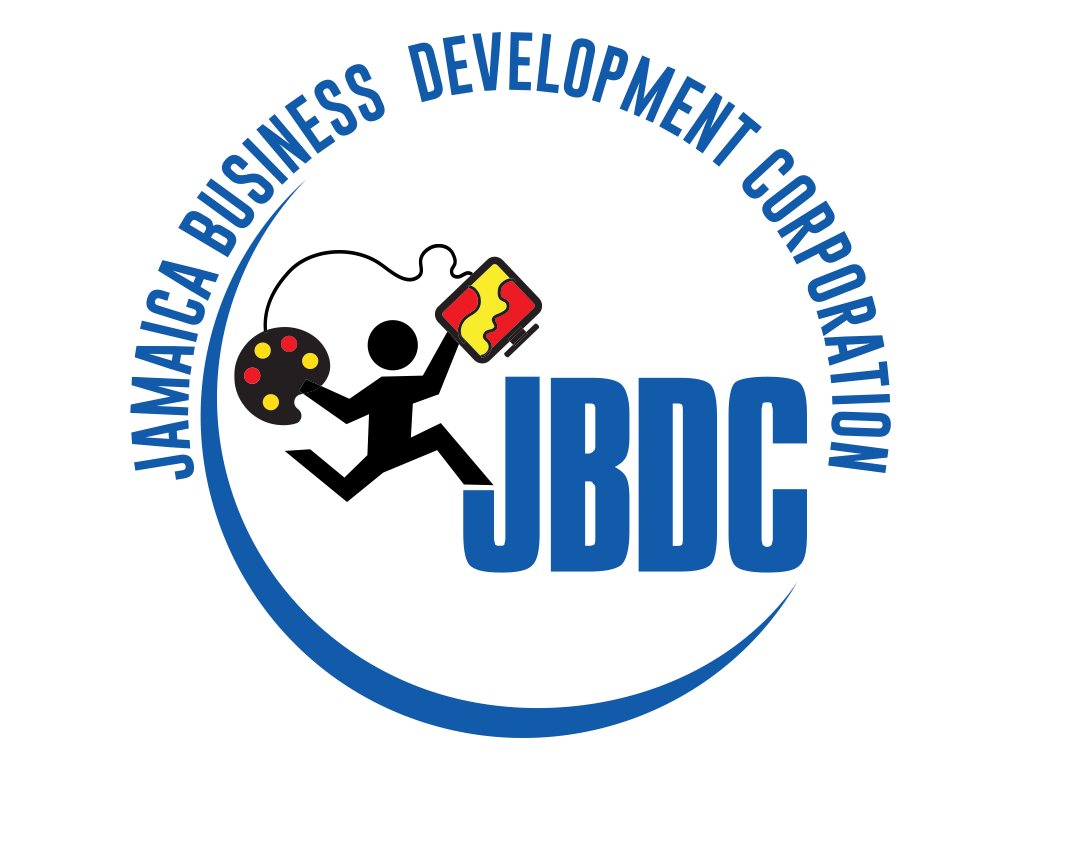An agency of the Ministry of Industry, Investment & Commerce, the JBDC is Jamaica’s premier business development organisation working collaboratively with government, private sector, as well as, academic, research and international communities.






Formalizing Operators in the Jamaican Agriculture & Fisheries Sector
The Agriculture sector forms an important part of the Jamaican economy, accounting for 7.3 % of Gross Domestic Product (GDP) in 2018. This sector is characterised by a prevalence of farmers operating informally despite their significance to rural development and the general economy. It is estimated that approximately 43% of the Jamaican economy operates informally which is even a stauncher reality where workers in the agriculture sector is concerned.
In Jamaica, the challenges for informal operators include the lack of appropriate financing, limited technology use, inadequate use of innovation, insufficient market intelligence, business development and capacity constraints and difficulties navigating the business environment. In addition, these operators have the propensity to stay small, which could limit their ability to take advantage of formal contracts and export.
The Government of Jamaica, is therefore keen in addressing the challenges confronting MSME informality through programmes and projects that enhances their competitiveness, innovation, productivity and internationalisation. More specifically, the government aims to transition informal operators in the agricultural sector into formal Micro, Small & Medium-sized Enterprises (MSMEs).
Project Details
-
Start Date February 2021
-
End Date December 2022
-
Status In Progress
Project Partners
- International Labour Organization (ILO)
- Rural Agricultural Development Authority (RADA)
- Ministry of Industry, Investment & Commerce (MIIC)
- Ministry of Agriculture & Fisheries

The objective of targeting the MSME sector as the primary driver for economic growth is in full alignment with several national plans and policies of the government. It is within the foregoing context that the Ministry of Agriculture and Fisheries (MAF) Ministry of Industry, Investment and Commerce (MIIC) are keen to collaborate with the Ministry of Labour and Social Security (MLLS), and the International Labour Organisation (ILO) to undertake an initiative to transform 100 registered farmers and fisheries with the Rural Agricultural Development Authority (RADA) into formal operators, and to develop a model that would enable them move along the MSME continuum.
In January 2021, the ILO concluded a Grant Agreement with the Ministry of Industry, Investment and Commerce, providing financial and technical support to the Jamaica Business Development Corporation (JBDC) for implementation of the ‘Formalising Operators in the Jamaican Agricultural & Fisheries Sector Project”. The grant award of US$50,000, was used to target entrepreneurial capacity-building activities, designed as part of the Government’s response to the challenges faced by informal operators in the agricultural sector, which include the lack of appropriate financing, limited technology use, inadequate use of innovation, insufficient market intelligence, business development and capacity constraints and difficulties navigating the business environment.
More specifically, the objective of the project was to provide 100 farmers and fisheries producers with the business skills and techniques necessary for them to formalise, operate and maintain sustainable businesses. The planned activities encompassed:
a) Enterprise Formalisation – business registration with the relevant state authorities and other membership-based business service organisations (BSOs); promoting the benefits of formalisation (access to public procurement opportunities, affordable financing, training, building partnerships/collaborations, securing contracts and other public assistance); and
b) Capacity Development – preparing the enterprise to engage with players in the formal economy (delivery of appropriate training interventions, structuring the operations for efficiency and effectiveness, identification of potential market opportunities).





